15 Life Lessons From ’90s Sitcoms That Still Hold Up Today
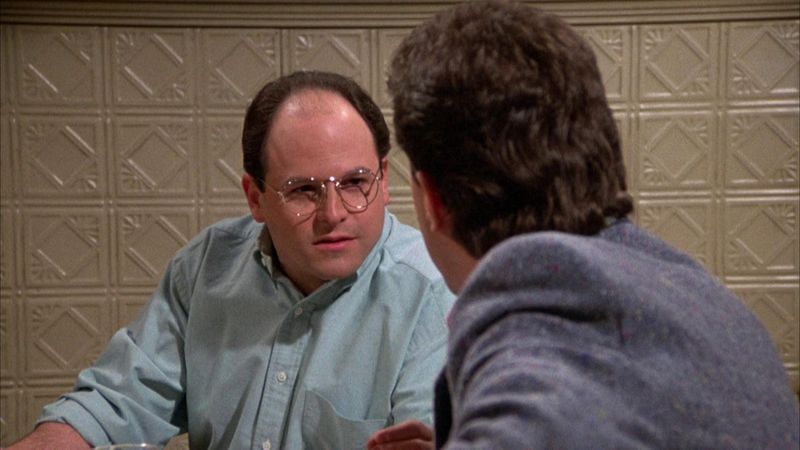
Grab a bowl of cereal and dust off the remote: the ’90s are calling with life lessons that still slap harder than a TGIF finale. Those laugh tracks masked a treasure trove of emotional intelligence, friendship dynamics, and wildly practical advice.
From messy families to miraculous do-overs, sitcom characters made mistakes so we don’t have to—well, not all of them. Read on to rediscover why these shows still teach us how to live, love, and laugh without needing a Very Special Episode disclaimer.
1. Your Friends Really Can Become Your Chosen Family
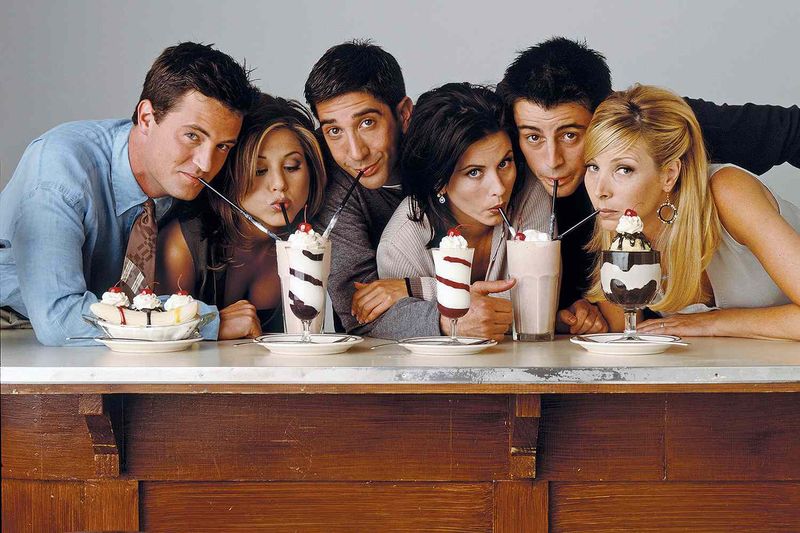
Back when must-see TV nights were a weekly ritual, sitcoms like Friends and Living Single showed us that family isn’t always biological. The people who cheer for you, lend you a couch, and bring takeout when life falls apart? Those are the real MVPs.
Instead of focusing on picture-perfect holidays, these shows celebrated the everyday—game nights, shared rent, relationship drama dissected over coffee. The message was clear: life is easier when you have “your people,” even if they don’t share your last name.
In adulthood, this lesson matters more than ever. Not everyone has a supportive family, and even those who do move away, grow up, and change. Building a chosen family—neighbors, coworkers, long-term friends—reminds you that love and loyalty are created through consistency, not DNA.
2. It’s Okay to Be Weird—Authenticity Beats Fitting In

Some of the most iconic ’90s characters were absolute weirdos, and we loved them for it. Think about Kramer sliding into Jerry’s apartment or Will Smith’s loud jackets in The Fresh Prince of Bel-Air. These people would not survive a “be normal” memo—and that’s the point.
Their quirks weren’t just for laughs; they drove the story. The oddball friend often exposed the hypocrisy, questioned the rules, or said the thing everyone else was afraid to say. The strange one usually saw the truth first.
In real life, this lesson still hits. Trying to shrink yourself to fit in is exhausting and forgettable. The right people will like you because of your weird laugh, your niche hobbies, or your offbeat style. Sitcom logic still applies: the memorable ones are rarely the most “normal.”
3. Communication Can Make or Break Any Relationship
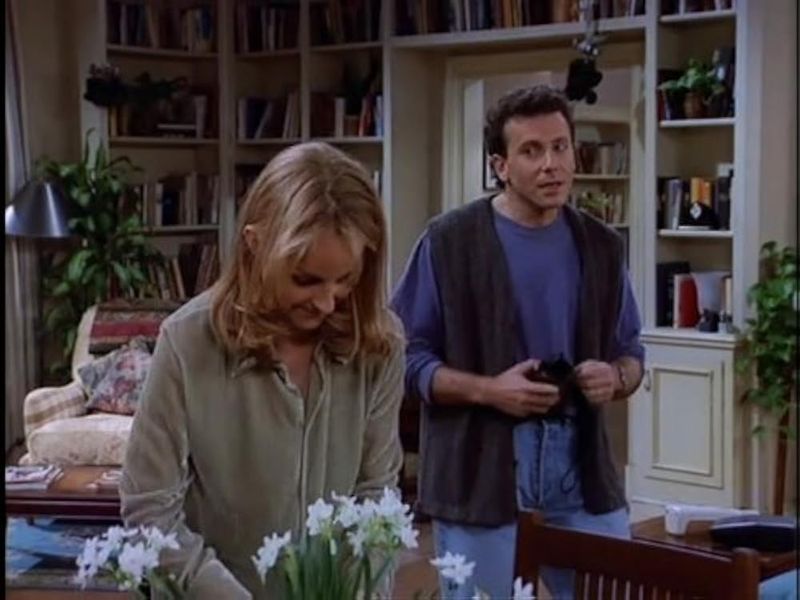
If you ever screamed at the TV, “Just TALK to each other!”, you already understand this lesson. So many plotlines in shows like Friends, Mad About You, and Everybody Loves Raymond hinged on someone hiding something or assuming the worst.
The tension would build, everything would spiral, and then finally someone would blurt out the truth. Almost every time, the conversation was messy but freeing. It wasn’t the problem that wrecked the relationship—it was the silence around it.
Fast-forward to real life, and not much has changed. Ghosting, vague texts, and passive-aggressive comments are just updated versions of sitcom misunderstandings. Honest communication is still the “boring” but reliable fix. It may not come with a laugh track, but saying what you mean is still the most adult move in the room.
4. Money Won’t Fix an Unhappy Life

Watching rich sitcom families and characters was fun, but it came with a quiet disclaimer. Shows like The Fresh Prince of Bel-Air, Frasier, and The Nanny made it obvious that money could buy a mansion, but not maturity, connection, or peace.
Will still struggled with identity, Frasier was constantly lonely, and the Sheffields had enough emotional drama to fill that townhouse twice over. Wealth made the settings glamorous, but it didn’t erase insecurity, grief, or bad decisions.
Today, when social media glorifies “rich” as the ultimate life goal, this lesson feels surprisingly grounding. A bigger paycheck can solve some very real problems—but it doesn’t magically heal family tension, create self-worth, or guarantee love. Emotional health still requires work that no credit card can swipe for you.
5. You’ll Survive Embarrassment (Even Public Humiliation)
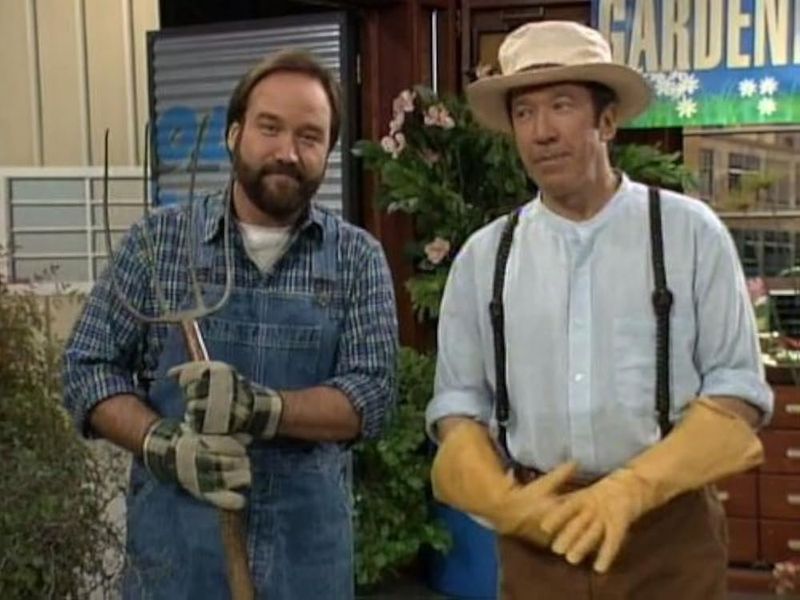
Some of the best ’90s episodes involved truly painful levels of awkwardness. Think disastrous dates, bad haircuts, terrible performances, and full-blown public meltdowns. Characters in Seinfeld, Home Improvement, and Full House often became walking cringe compilations.
What made those moments bearable was what came after. The character would suffer, maybe hide for a bit, and then rejoin the world. People teased them, sure, but life went on, the story moved forward, and no one’s existence was permanently ruined.
In our current era of screenshots and viral posts, embarrassment feels riskier. But that sitcom truth still stands: everyone is the main character in their own story, not yours. Most people are too busy worrying about themselves to remember your humiliating moment for long. Cringe fades. Resilience sticks.
6. Family Is Messy—But Showing Up Matters More Than Being Perfect

Television families of the ’90s rarely looked flawless up close. Behind the cheesy theme songs, shows like Family Matters, Full House, and Everybody Loves Raymond were full of stubborn dads, overwhelmed moms, moody kids, and overbearing in-laws.
Arguments happened constantly—over chores, money, boundaries, and expectations. But under all the chaos was a pattern: no matter how badly they messed up, someone always circled back to repair the damage. Apologies were made, hugs were exchanged, and dinner still ended up on the table.
Real families today are not magically calmer or more functional. The big takeaway is that you don’t have to nail every parenting moment or sibling interaction. What counts is showing up, trying again, and staying in the room emotionally, even when it’s uncomfortable. Effort beats perfection every time.
7. Strong Women Don’t Have to Choose Between Career and Identity
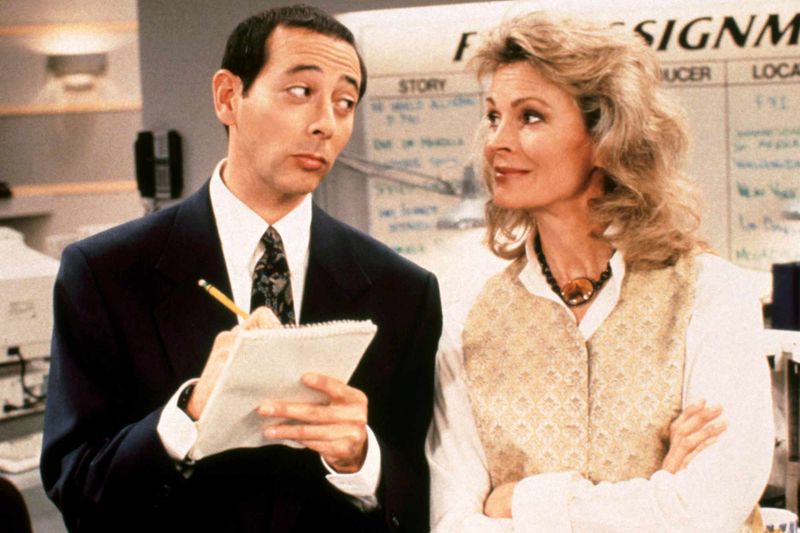
Ambitious female characters were a quiet revolution in ’90s sitcoms. Women like Murphy Brown, the ladies of Living Single, and Grace from Will & Grace had big jobs, big opinions, and lives that didn’t revolve entirely around romance.
Their careers came with real trade-offs—late nights, stress, missed events—but they also brought purpose and pride. These women were allowed to be flawed and human: sometimes tired, sometimes selfish, sometimes unsure, but never one-dimensional. They weren’t just “the wife” or “the mom.”
Modern life still pressures women to “have it all” but in a very specific, aesthetically pleasing way. The real lesson from these shows is more honest: you can chase success, define yourself beyond your relationships, and still be loving, vulnerable, and feminine on your own terms. Whichever mix you choose is valid.
8. Boundaries Are a Form of Love—For Yourself and Others
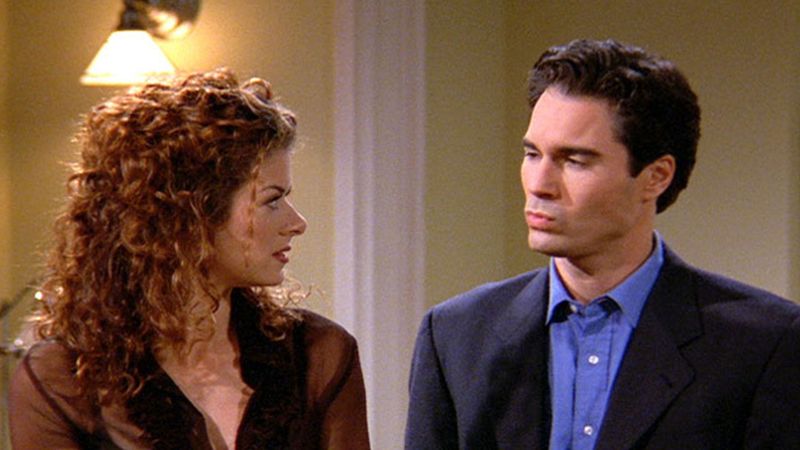
Episodes featuring pushy relatives, clingy exes, and overstepping landlords weren’t just for drama. Sitcoms like Will & Grace, Friends, and The Fresh Prince of Bel-Air often revolved around a character finally saying, “That’s too much” or “You can’t treat me like that.”
These moments were uncomfortable but necessary. Maybe someone moved out, broke up, or laid down new house rules. There were hurt feelings, sure, but also new respect. The relationship had room to breathe because one person was brave enough to set a boundary.
In the real world, boundary-setting still feels scary—especially with family or long-term friends. But these shows remind us that saying no isn’t cruelty; it’s clarity. It protects your mental health and gives others a clear guide to how you want to be treated. That’s not selfish—that’s sustainable.
9. Good Friends Call You Out When You’re Wrong
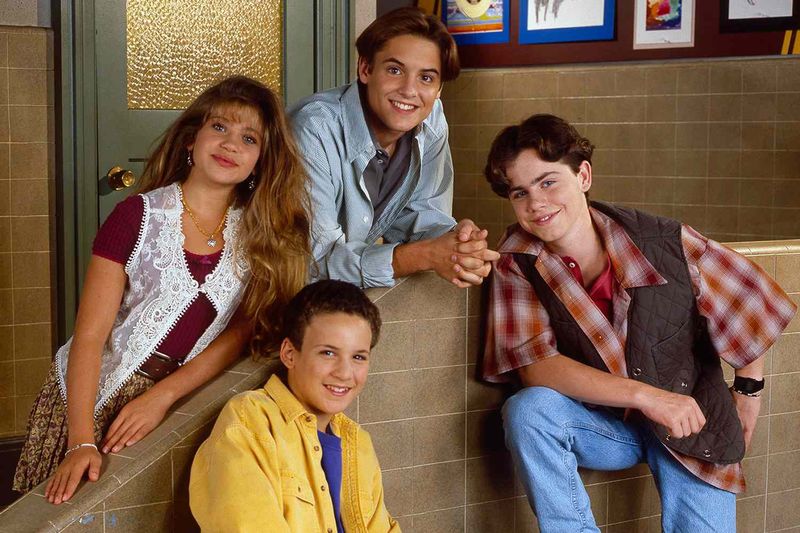
The funniest scenes weren’t always the kindest. Sometimes a friend would bluntly say, “You’re being ridiculous,” and the audience would roar. In shows like Friends, Family Matters, and Boy Meets World, the people who loved you most were also the ones willing to challenge you.
These weren’t just throwaway jokes. They were small interventions. When someone cheated, lied, or made a selfish choice, the friend group didn’t just smile and enable it. There was usually at least one character willing to say, “You hurt them,” or “You need to fix this.”
Friendship today is often packaged as constant positivity and “no judgment.” But genuine closeness includes accountability. A good friend wants you to be happy and decent. Being called out stings in the moment, but it can save your relationships, your reputation, and sometimes your future self.
10. Apologizing Isn’t Weak—It’s How You Grow
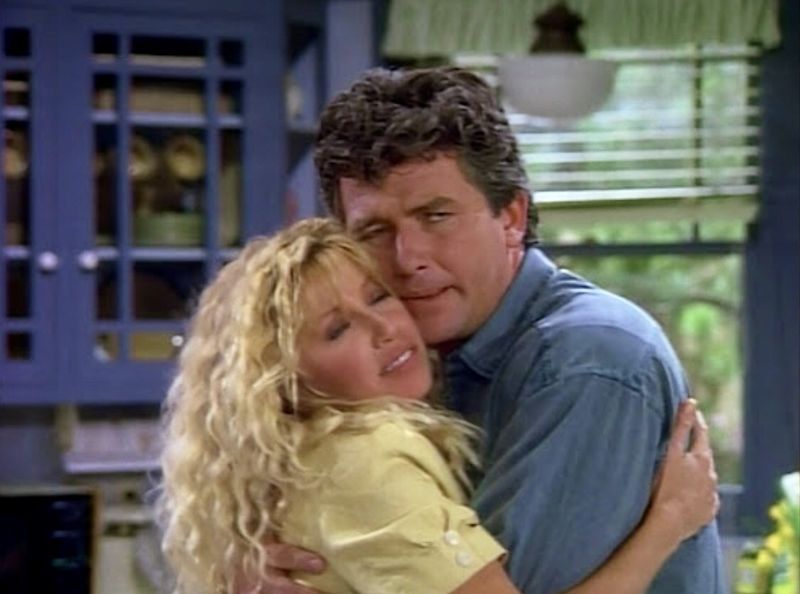
Almost every heartfelt episode ended with someone standing in a doorway, looking uncomfortable, and finally saying, “I’m sorry.” The formula was predictable, but effective. Whether it was a parent, partner, or friend, sitcoms reaffirmed that taking responsibility is a crucial life skill.
Apologies weren’t always smooth. Characters stumbled over the words, sometimes minimizing or deflecting first. But the turning point was always the same: admitting the harm, not just the intention. That tiny moment of humility unlocked healing for both sides.
Today, we’re surrounded by half-apologies—“Sorry if you were offended” level nonsense. Those episodes still offer a better blueprint: name what you did, acknowledge how it affected the other person, and express a desire to do better. That’s not weakness; it’s emotional strength in action, and it never really goes out of style.
11. You Can Start Over at Any Age
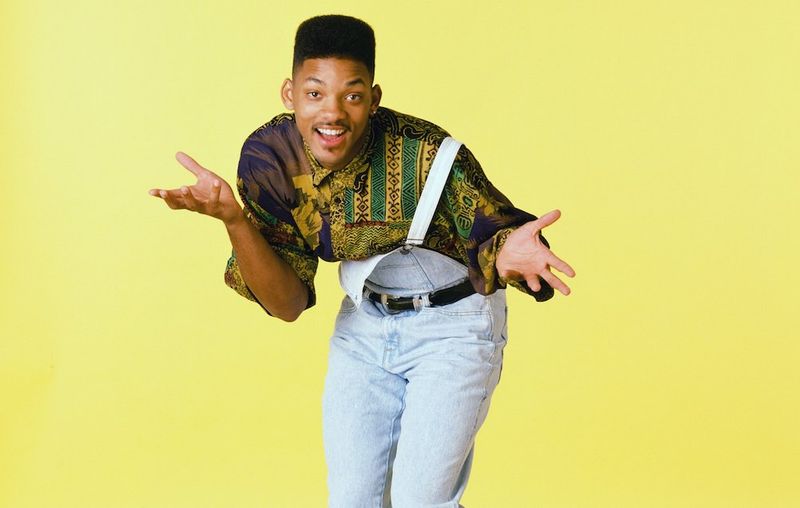
Fresh starts were a common theme hiding under the laugh tracks. Frasier moved cities and rebooted his entire life, Will left West Philly for Bel-Air, and Fran Fine accidentally turned a failed sales job into a whole new career. None of them did it at some mythical “perfect age.”
These characters arrived in new environments as messy, fully formed adults with pasts, regrets, and baggage. Yet the shows treated reinvention as normal and sometimes necessary. Life didn’t end because one chapter did—it simply rewrote the script.
In a world obsessed with “right timelines”—marry by this age, succeed by that age—this message is refreshing. You’re allowed to move, retrain, leave a bad relationship, or pivot careers later than you planned. The sitcom truth remains: the first draft of your life is rarely the final version.
12. Laughter Is a Legit Coping Mechanism
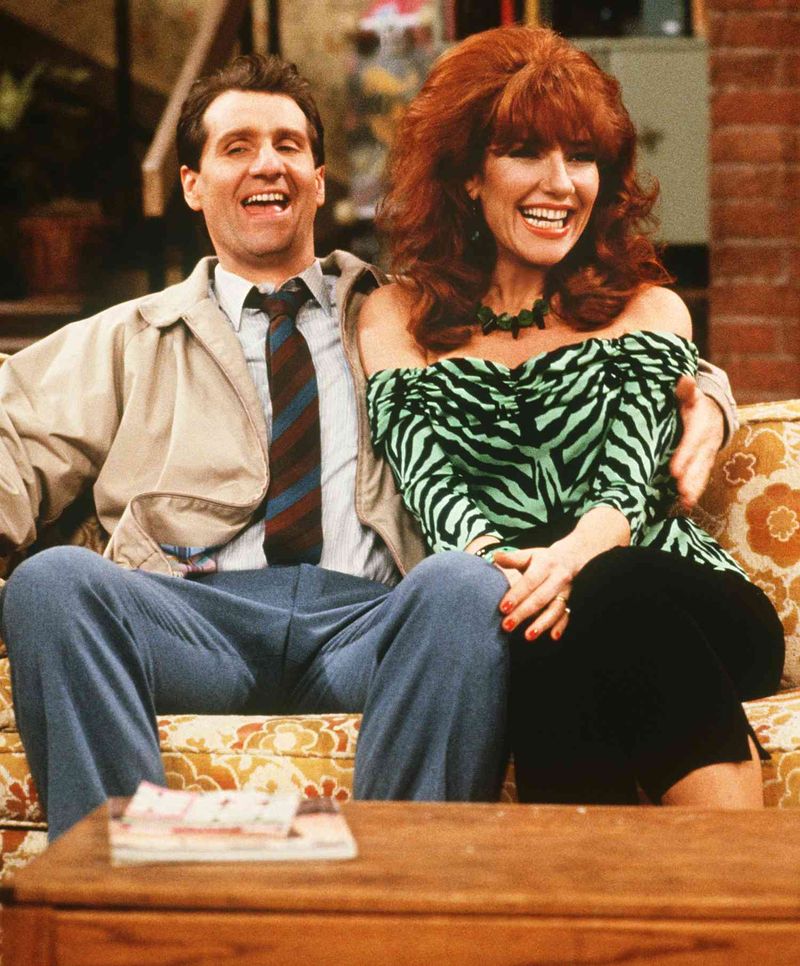
Heavy topics didn’t stay completely off-limits in ’90s sitcoms. Job loss, illness, breakup, and grief all showed up on screen—but they were often wrapped in humor. The jokes didn’t erase the pain; they made it bearable enough to look at.
Characters would crack a joke in the middle of a meltdown, and somehow it made the moment more human, not less serious. The laughter created space to breathe, to bond, and to keep going. It reminded viewers that joy and sorrow can coexist.
Real life works the same way. Using humor to cope doesn’t mean you’re not taking things seriously; it means you’re building resilience. A shared laugh in a hard time can be a tiny lifeline, a reminder that you’re still here, still capable of finding light—just like your favorite sitcom characters did.
13. Kids Learn More From What You Do Than What You Say
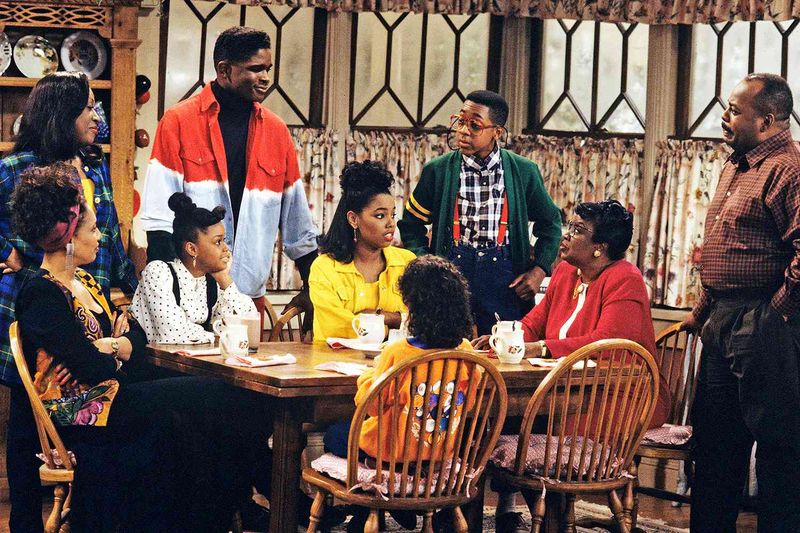
The “lesson speech” was practically a character of its own in ’90s TV families. A parent or mentor would sit the kid down, talk about honesty, kindness, or responsibility—and then immediately get tested by their own behavior. Full House, Family Matters, and Boy Meets World were especially guilty of this.
When adults modeled the behavior they preached—telling the truth, apologizing, admitting fear—the lesson hit harder. When they didn’t, the kids picked up on the hypocrisy instantly. The shows were sneakily honest about how much children notice.
Today’s parents still stress about the right words, when the real power lies in consistent actions. If you want kids to value kindness, they need to see you being kind when it’s inconvenient. Sitcoms got one thing very right: little eyes are always watching, even when you think it’s “just” background noise.
14. Love Isn’t Always a Grand Gesture—It’s the Everyday Little Things

Epic proposals and romantic speeches got a lot of airtime, but the real love stories happened in the small moments. In Everybody Loves Raymond, Mad About You, and Frasier, love looked like making coffee, sharing inside jokes, or putting up with each other’s bizarre habits.
Arguments were constant, and chemistry definitely wasn’t always fireworks. But what kept couples together was the willingness to show up daily—picking someone up from the airport, listening to their bad day, or learning how they like their toast. Quiet consistency beat dramatic gestures every time.
Modern romance often gets filtered through grand Instagram-worthy displays. Yet those sitcom couples remind us that long-term love is built in the unglamorous, repetitive acts of care. It’s the text that says “home safe?”, the blanket brought to the couch, the dishes done without being asked. That’s the real romance arc.
15. Life Rarely Works Out as Planned—and That’s Not Always a Bad Thing
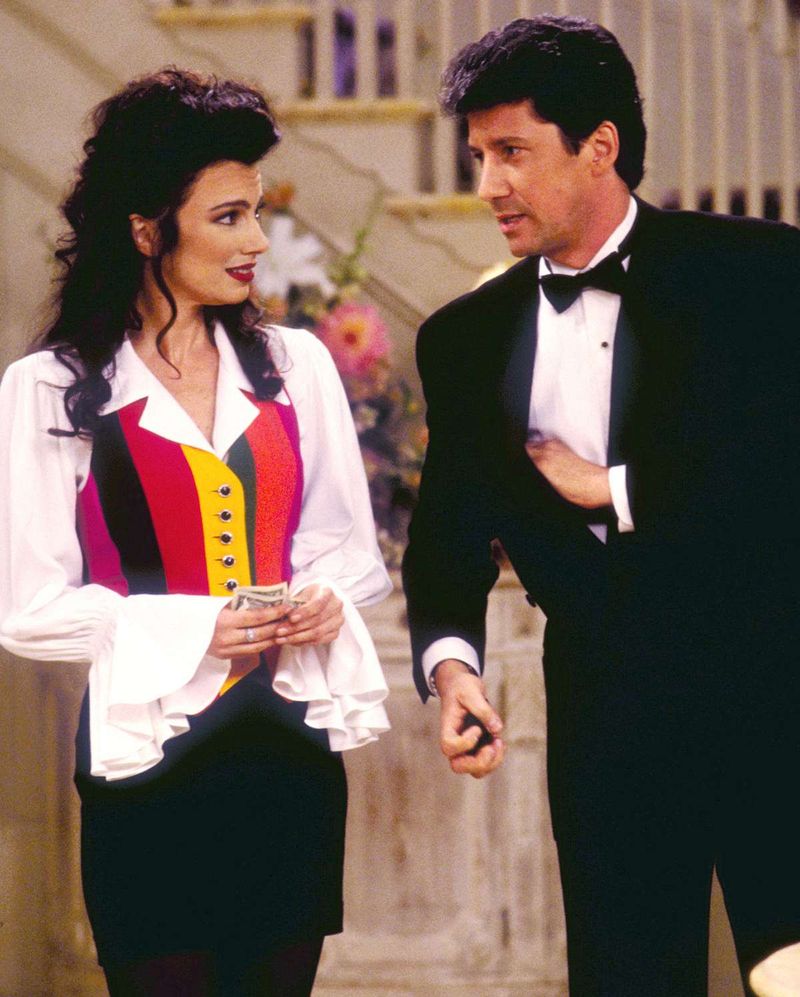
So many storylines began with a “big plan” that immediately exploded. Careers derailed, relationships ended, surprise pregnancies happened, people moved cities. Shows like Friends, The Nanny, and Will & Grace thrived on plans going completely off the rails.
What’s interesting is how rarely that chaos led to permanent disaster. A breakup opened the door to a healthier love. A lost job became the push toward a better path. The nanny became the wife. Life looked nothing like the characters expected, but often better than they could have scripted.
Our culture still sells the dream of a neat five-year plan, flawlessly executed. Sitcom logic gently argues otherwise. Flexibility, resilience, and a sense of humor matter more than sticking to a rigid blueprint. You don’t have to love every plot twist—but you might end up grateful for some reroutes.

Comments
Loading…